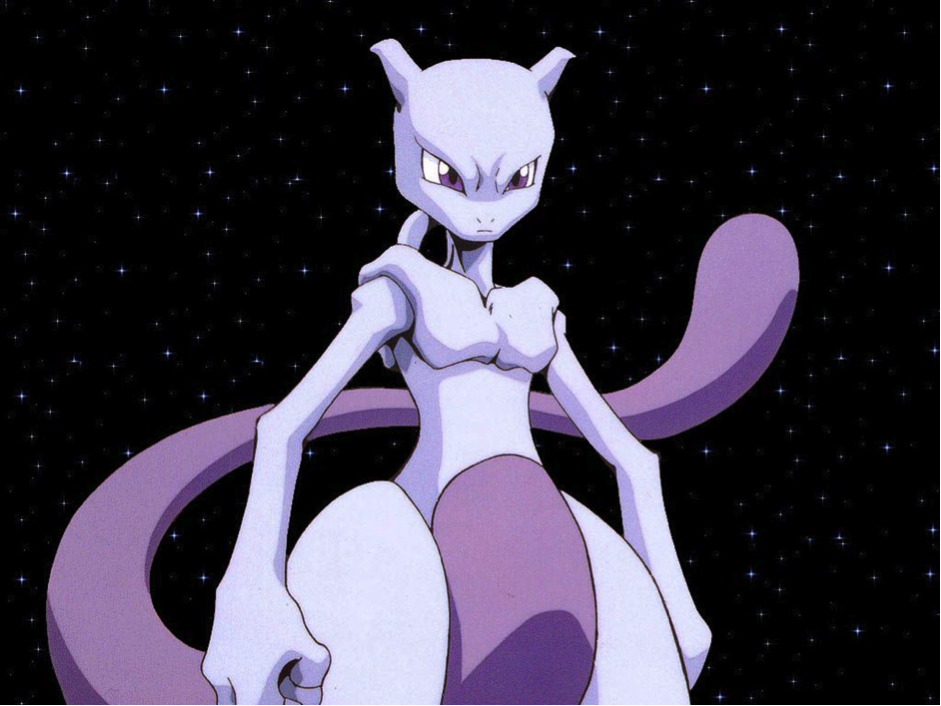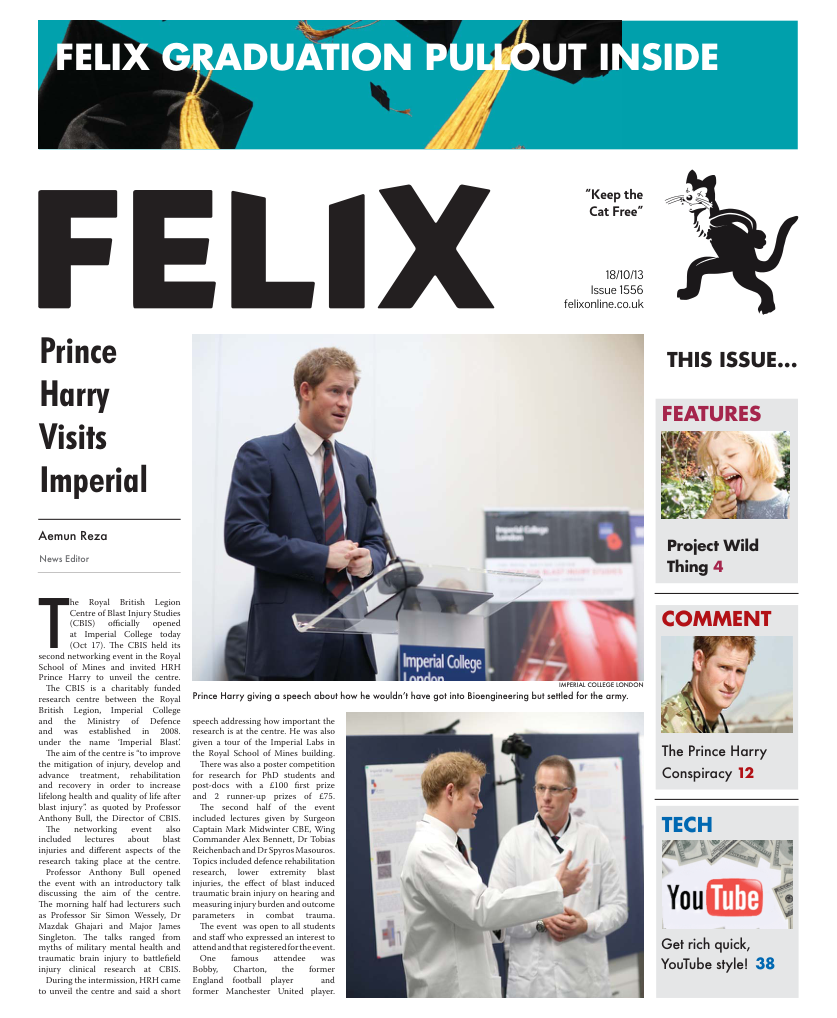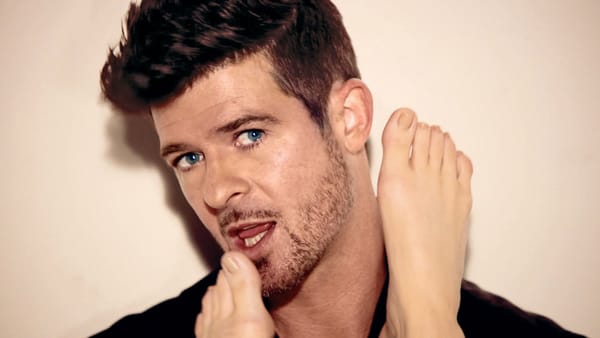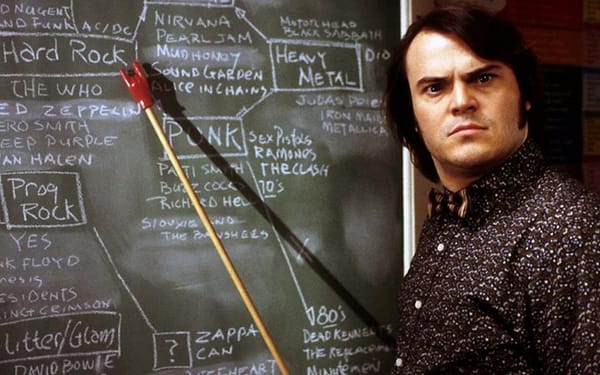Nintendo’s Ethical Legacy
Comment Editor Eoghan Totten on Nintendo's positive influence on the younger generation

Computing power is evolving at a relentless pace. The gaming industry moves in tandem with this tempo. Unfortunately (and for some, regrettably) its viability has waned in recent years having come under pressure from a burgeoning smartphone market and a reversion to the PC as the preferred platform of choice. Playstation serves as a suitable allegory, experiencing a 15% like-for-like drop in revenue of US $1.19 bn for the April-June quarter. Likewise Nintendo, despite a market valuation of US $85 bn, faces flagrant criticism for failing to sufficiently ‘move with the times’. Avid enthusiasts can expect a turbulent future. I find it all slightly depressing.
In spite of this all hope is far from lost for Nintendo as a perennial Japanese multinational. The recent release of Pókemon X & Y has served to brighten the horizon. A notable 1.26 million units were pre-ordered in Japan, with a similar reception to the franchise emulated around the globe. The event served to spark memories of my childhood. I recall infinitely many afternoons spent in euphoric bliss levelling up my Pikachu, seeking counsel with The Great Deku Tree in The Legend of Zelda or tripping out on Rainbow Road in Mario Kart 64.
I find that the modern games console is recurrently misconstrued as an instrument of detriment. National surveys in England estimate that three in ten two-to-15-year-olds are overweight . It has been suggested that the reversion of children to sedentary pastimes (including television and games) is the core reason for the phenomenon. I categorically believe that the blame lies elsewhere.
In an attempt to vindicate the games console I want to analyse Nintendo products. For decades they have invigorated innumerable dynamic and lofty thoughts in children, promoted logic and injected moral allegories into the plots of their games. One might even stretch to say that Nintendo introduced children to the philosophical concept of self-determination and utopian aspiration.
To begin with, let us consider the Mario video game franchise. Elements of its world and adventures are simultaneously dynamic and yet fixed. Children are introduced to the confines of Euclidean geometry through the recurrent appearance of recognisable shapes (mushrooms, man-eating flowers and gold coins to name but a few). A child familiarises themselves with this concept with relative ease. Upon achieving this, the child is now free to explore the opportunities presented by the fictional ‘world’ with its given set of parameters. A reader might be able to relate to the awe instilled in the catacombs of the mind when playing Super Mario 64, Paper Mario or Super Mario Galaxy. The crux of Nintendo’s franchise is its predictability. Despite this, by interchanging the parameters to 2D graphics or by giving Mario the ability to fly, a child is introduced to the concept of innovation and rebirth within a rational and predictable world. It might be argued that this can encourage resolve, enthusiasm and optimism in a child. It may even evolve to become a transferable and indispensable skill in later life.
The Legend of Zelda saga is saturated with material from which one can draw inference. Taking inspiration from a blend of (to my mind) Celtic, Scandinavian and Oriental lore, children are introduced to the fundamental challenges and questions relentlessly pondered by civilisation for millennia. Enclosed within the framework of quests and interspersed with ‘temples’ and ‘bosses’ to thwart, children can find themselves engulfed in mimesis. Their eagerness and anticipation to discover further twists to the plot morph with the unfolding tragedy recounted by the game. It might be debated that children are introduced to the concept of catharsis, a form of cleansing or emotional renewal. The wider relevance of this is to stimulate a child’s awareness of the essential place of culture, art and identity in society, unveiling a new dimension to human existence. While the world may be full of physical wonder there is also, however, a world buried deep within the catacombs of our minds. In this realm reasons for our identity and our actions, that universally preoccupy each and every one of us, dominate the everyday machinations of the world.
From this we can identify the presence of ethics within the thread of games produced by Nintendo. Bearing this in mind we might choose to address Pókemon. It is a world where society is centred on pre-meditated parochialism. Walking is the preferred mode of transport. Vehicles are only used when necessary. The economies appear to be planned and seem to benefit all citizens. With a mart and health centre as the principal business establishments, consumerism has no place in the towns. The larger cities are sparsely populated and exhibit luminous, clandestine walkways. Characters encountered during the course of the plot all exude a sense of well-being; the man in the street expresses analogous content to that of the most successful Pókemon masters. Man’s relationship with nature (Pókemon) is inherent, and rooted as a central tenet of society. Academic research appears to wholly revolve around Pókemon. One could list many more desirable facets however reality tells us that such a utopian existence is unattainable. The restlessness of the human id fails to surface. The trainers don’t get mugged in the dark. The Pókemon battle on a regular basis and yet blood is never drawn. Emotions of anger, lust and jealousy are rarely, if ever, presented in the plot. For me this is of significant importance; children may notice that the incongruities of the real world are excluded from the adventure. They may well extend this inference to a collection of other Nintendo games. They are presented with the opportunity to compare and contrast and ultimately, build an informed opinion. Despite the mediation of the Pókemon world, each successive generation has reflected contemporary technology. Professor Oak’s chunky computer has gradually been replaced with a sleek model over time (and yet teleportation has always been possible). One might draw from this that the game, despite its enclosed ambiance of insulation, further encourages a player to compare and contrast. Pókemon is more relevant than ever. In our world of vigorous expansionism, the game brings attention to a need to live within our means. Sustainable trimming, rather than development, may indeed be the way forward. Man’s enmeshed relationship with animals, as illustrated in Pókemon, promotes connotations of the current European policy of ‘Rewilding’.
To close, Nintendo provides more than a desirable legacy but a fully-fledged set of blueprints for a beneficial gaming industry. In a world where many fail to raise their eyes from their phone or tablet to look at the stars in the night sky, a revitalised approach to technology would be desirable. In the past it has taught children to look treat their technology as a mere catalyst for the awnings of the mind. I simply hope that it has a place in future markets to do the same in the future.









